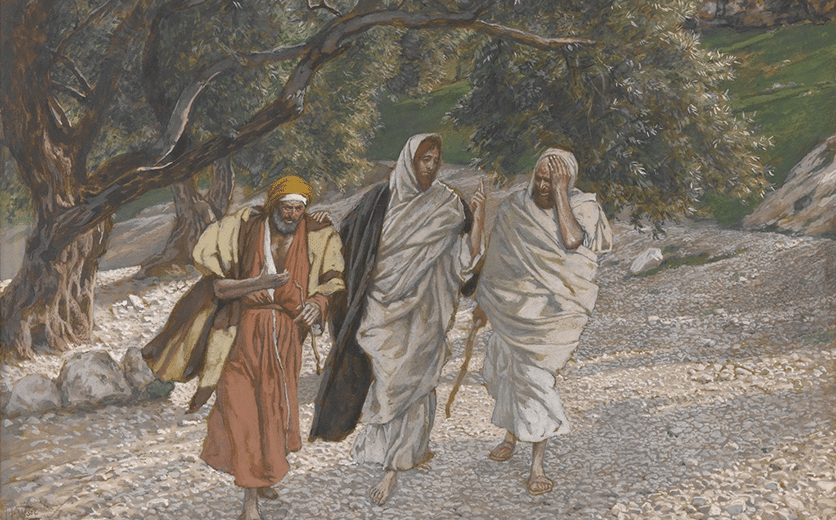Mak´uh-beez
A family (properly the Hasmoneans) that provided military, political, and religious leaders for Judea during much of the second and first centuries BCE. Their exploits are recorded in the books of Maccabees, included among what Protestants call the OT Apocrypha and Roman Catholics designate as deuterocanonical writings. The events leading to the rise of the Maccabees were related to attempts by Antiochus IV Epiphanes, Seleucid king of Syria, to foster Hellenism in Judea by tyrannically suppressing Judaism (1Macc 1-2; 2Macc 5-7). The arrival of officers to carry out Antiochus’s decrees at the village of Modein, where an aged priest named Mattathias lived with his five sons (John “Gaddi,” Simon “Thassi,” Judas “Maccabeus,” Eleazar “Avaran,” and Jonathan “Apphus”), gave occasion for the outbreak of a spontaneous revolt that was to turn into a full-scale war. Mattathias died soon after the beginning of the revolt, leaving military leadership in the hands of Judas, whose surname “Maccabeus” (meaning “hammer”) became the source of the popular name given to the family and its followers. Independence was eventually won and Israel was ruled by the Hasmonean dynasty (descendants of Simon, the only son of Mattathias to survive the war).




